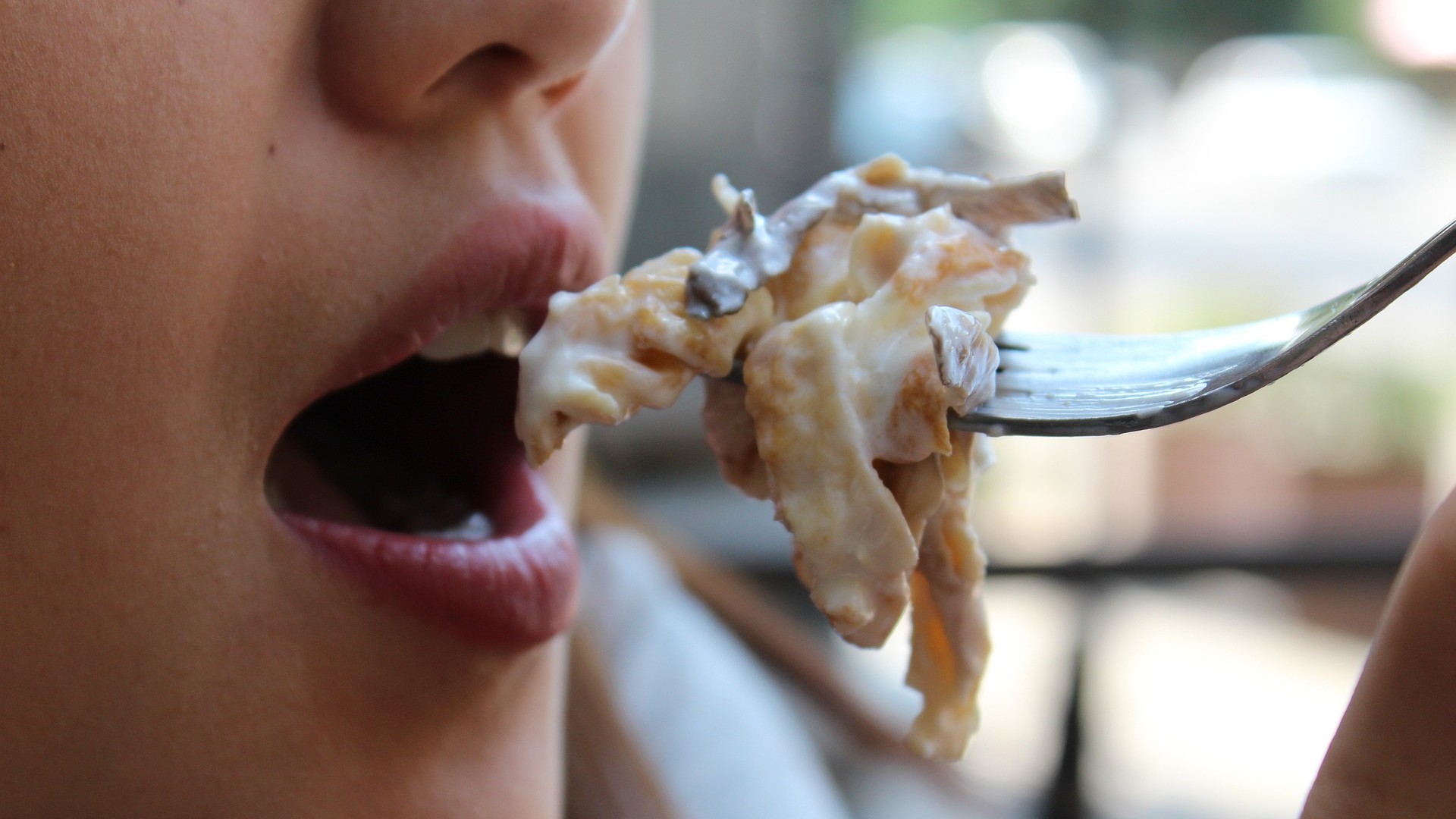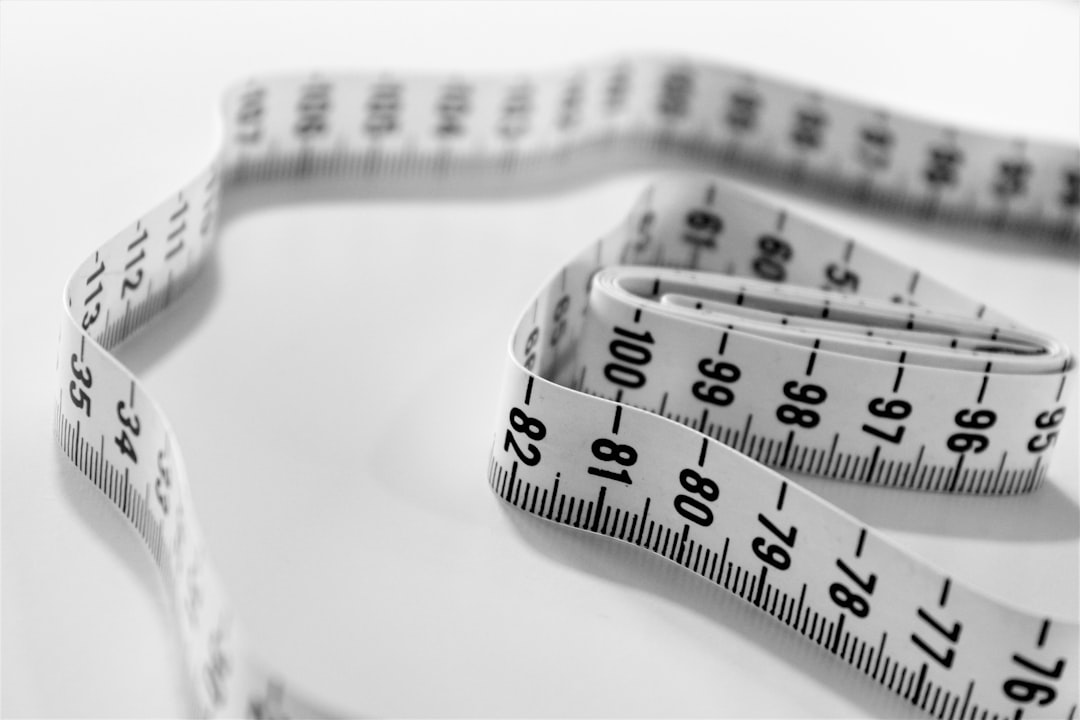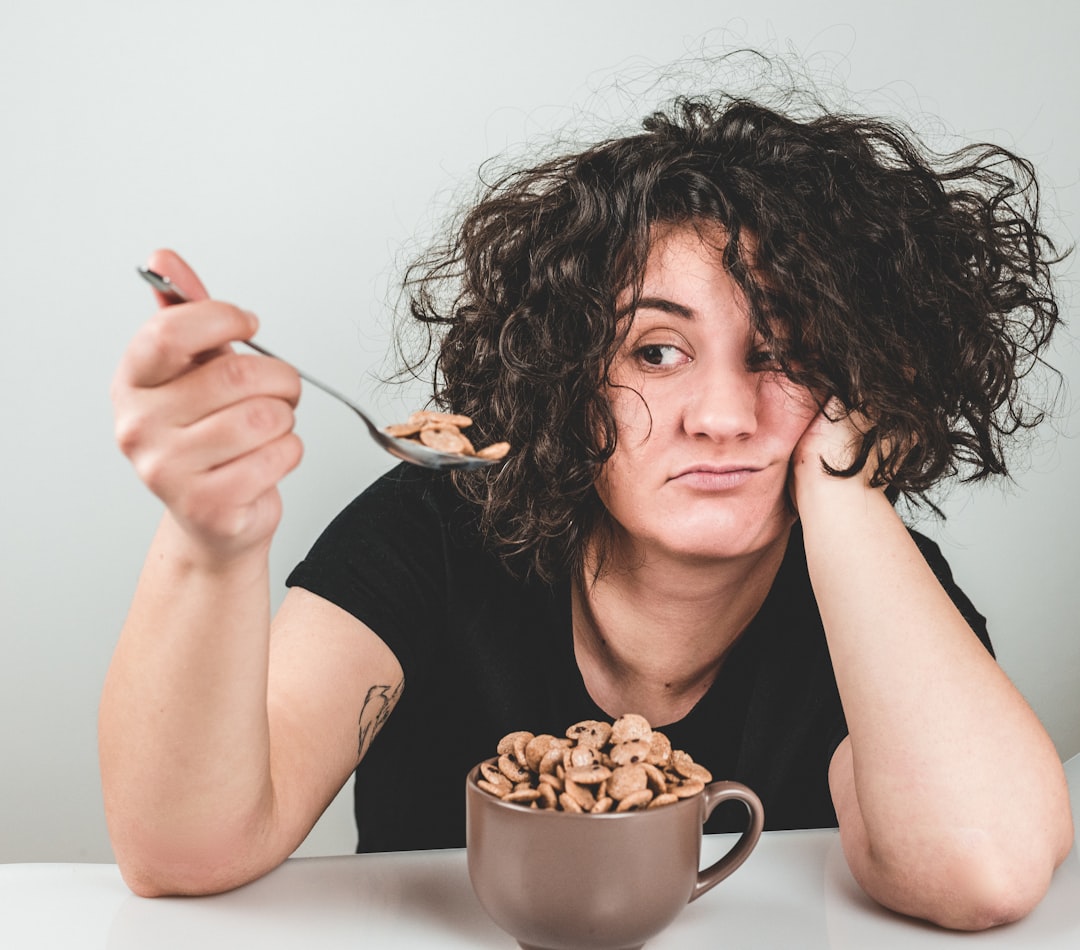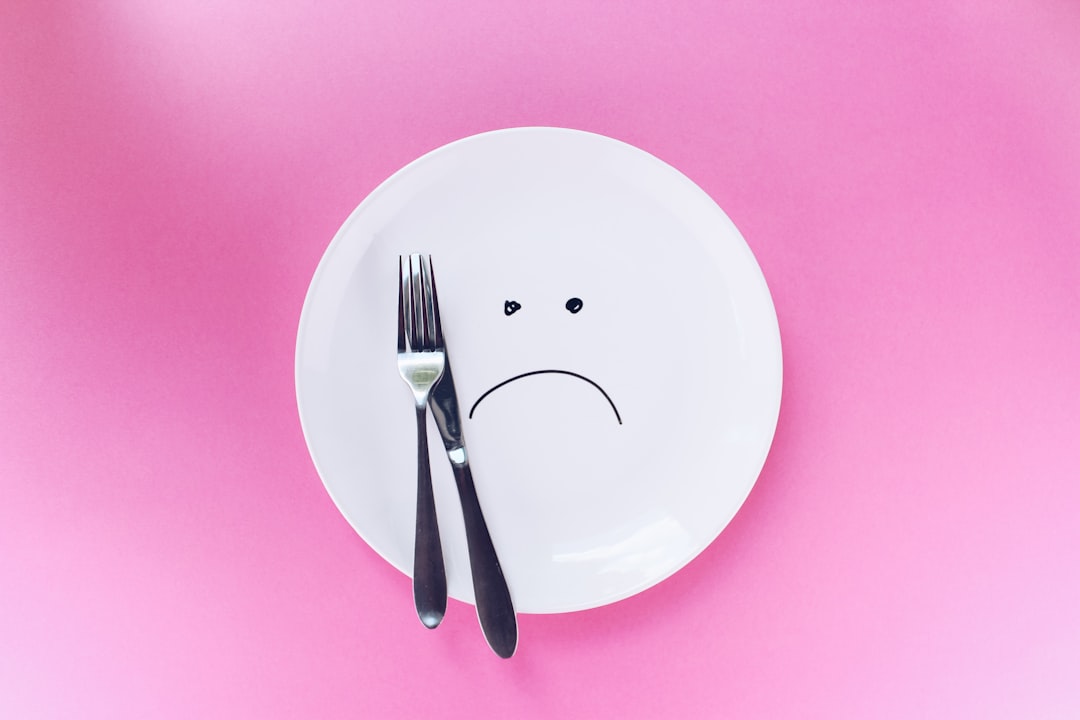Is Your Diet Hurting or Helping You?
A well-balanced diet affects everything—sleep patterns, stress levels, and even mental health suffer without one. Our bodies tell us whether we’re providing what they need, but the signs are sometimes hard to spot. Don’t worry, we’re here to break down both the good and bad!
1. Digestion Issues
Our bodies suffer the effects of poor dieting; without proper nutrients to keep healthy, there’s not much our intestines can do besides react. If you experience frequent heartburn, bloating, or nausea, it’s usually a good sign your diet needs to change.
2. Inflamed Gums
Oral care is just as important as bodily health, and poor dieting can affect everything from your teeth to your gums. Plaque buildups, sore gums, and even tooth decay can occur with excessive sugar. At the end of the day, brushing your teeth can only ward off so much bacteria!
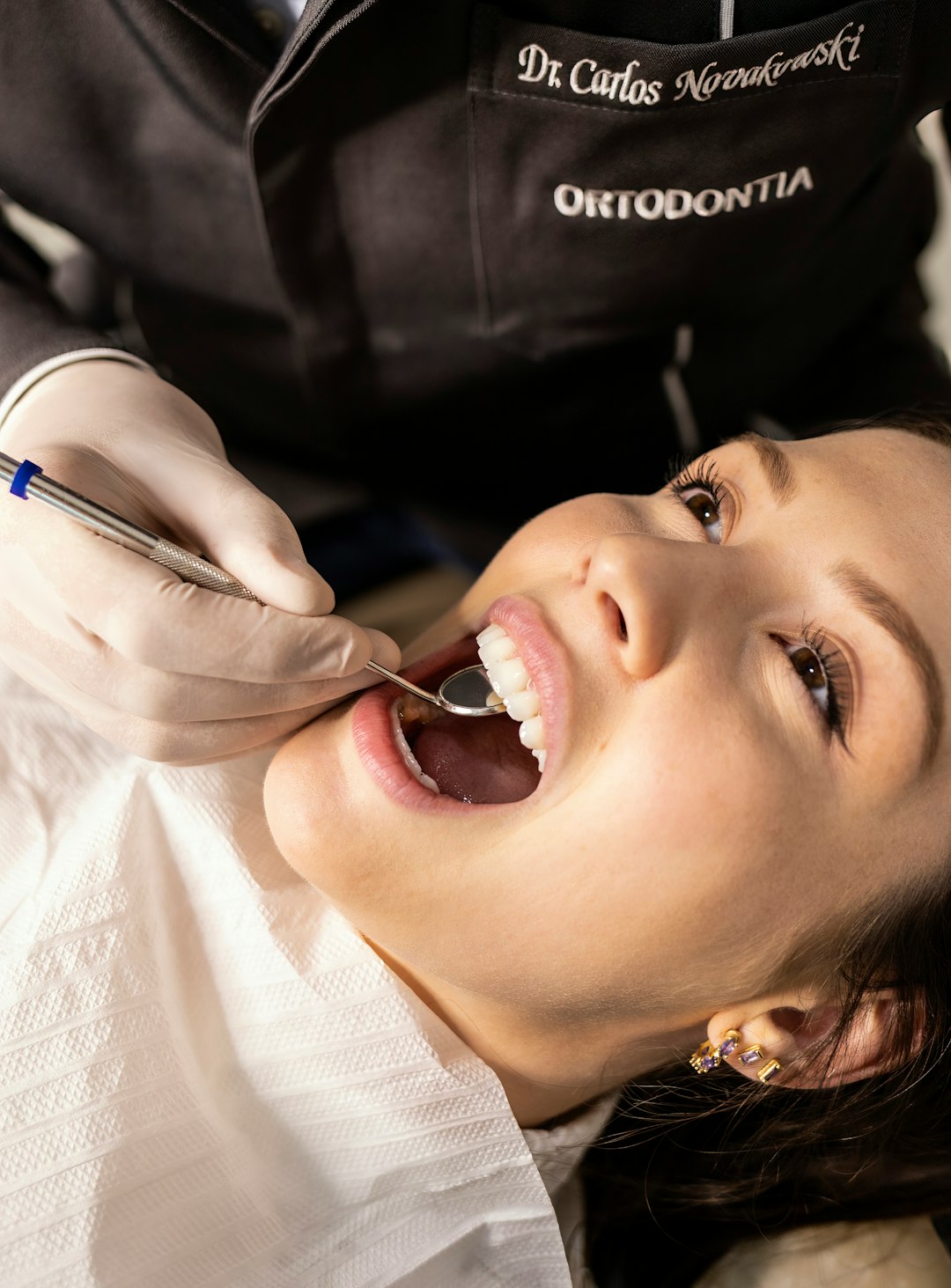 Filip Rankovic Grobgaard on Unsplash
Filip Rankovic Grobgaard on Unsplash
3. Brittle Nails
It might seem like a small thing, but your fingernails are good indicators of health. Brittle or peeling nails should signal that your diet needs a sweeping change. Carrots and leafy greens like spinach and kale help keep them intact.
4. Weight Fluctuation
We often recognize the signs of weight gain, but malnutrition affects the body just as much. Looser clothing and low energy can signal that you’re not eating enough—they can also be symptoms of larger problems like malabsorption or possible health conditions. Bring up any inexplicable weight changes to your physician.
5. Low Energy Levels
There’s nothing worse than working a 9-5 with no zeal. A good way to score the energy you need is with a proper, balanced diet. Without it, you’re missing essential vitamins and nutrients that support you throughout the day. It’s not only fatty foods either, undereating has the same negative effects on energy.
 Karollyne Videira Hubert on Unsplash
Karollyne Videira Hubert on Unsplash
6. Trips to the Bathroom
Do you struggle to go to the bathroom? Do you find yourself on the toilet after every meal? Both can be a side effect of poor nutrition, so it’s worth keeping an eye on. Gastrointestinal problems like diarrhea and constipation often reflect low calorie intakes or an influx of unhealthy food.
7. Getting Sick
Believe it or not, a poor diet also affects your immune system. Fruits, veggies, and whole grains come with an onslaught of vitamins that ward off any risks, but a poor diet lacks these core food groups and leaves you susceptible to sickness.
8. Irritability
It’s not only our physical health—our mental health suffers from poor diets, too. The brain needs essential nutrients found in healthy foods like vegetables and fish; poor diets with excessive sugar or processed foods often lead to a greater risk of depression and lethargy.
9. Constantly Cold
So, you turned up the thermostat and you’re still buried under blankets. The culprit may be your diet! Without enough calories throughout the day, your body can’t regulate its temperature and you’ll likely feel it.
10. Appetite Changes
Crash diets or unhealthy relationships with food turn us away from eating. These usually lead to fluctuations in our body’s signals, making us way too hungry or encouraging binge eating. Irregular eating patterns spell trouble down the road and likely mean it’s time for a change.
On the other hand, your body also rewards a balanced diet! Let’s dive into some telltale signs you’re eating what you should, the way you should.
1. Regular Sleep Patterns
A well-rested body is a well-fed body. Vitamin D, fiber, and iron-rich foods not only help you catch some Zs, but they also ensure you’re out for a good eight hours. In turn, proper sleep gives your body the energy it needs to function.
2. Normal Bathroom Trips
Regular bathroom trips are a telltale sign of good habits. Foods high in protein and fiber help maintain a proper schedule, which means no more digestive issues or unproductive trips to the toilet.
3. Lots of Variety
It takes more than the odd banana to score the vitamins your body needs. Water, carbs, protein, and fiber do wonders for our health—you’ll keep health risks at bay, strengthen your bones, and better control your weight (among other things).
4. Plenty of Energy
Food fuels your body, so what you eat greatly impacts your energy. If you can get through the day without feeling lethargic, your diet’s likely to thank. Eggs, lean protein, and whole grains are best to recharge your batteries!
5. Stopping When Full
It’s important to stop when we’re full, and it’s always a good sign if you can walk away without overeating. People also tend to snack when bored or stressed, but putting the brakes on unhealthy habits keeps your mind and body strong.
6. No Binge Eating
Binge eating, unfortunately, wreaks havoc on our health. Whether it’s from crash dieting or a stressful day, proper diets eliminate that overindulgence and maintain healthier bodies and minds—and a healthier relationship with food.
7. Recognizable Side Effects
Our bodies adapt to what we feed them, but significant changes in diet rewire how they respond. If you notice that Big Mac suddenly sends you to the toilet, chances are your body’s not used to the excess grease and fat anymore, which is a good thing!
8. Lucious Locks
Just like how a bad diet affects our nails, a good one does wonders for our hair. Healthy foods mean healthy locks, so if your hair looks extra strong and shiny lately, those omega-3s might be the cause.
9. No Fad Diets
We’d all love to shed pounds quickly, but fad diets aren’t the solution they’re marketed to be. In fact, they often lead to all sorts of problems like overeating and unhealthy weight loss. It’s always a good sign of a healthy diet when you’re eating properly.
10. Food is Food
Food is fuel—nothing more, nothing less. It’s best not to see it as a reward or to punish yourself for indulging. A healthy relationship with food is the first step to a healthy diet; recognizing a meal for what it is is one of the best things you can do for yourself.
KEEP ON READING

20 Foods With Shocking Origins You'd Never Believe

20 Fun Drinks To Make That Just Scream Summer



